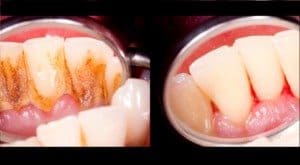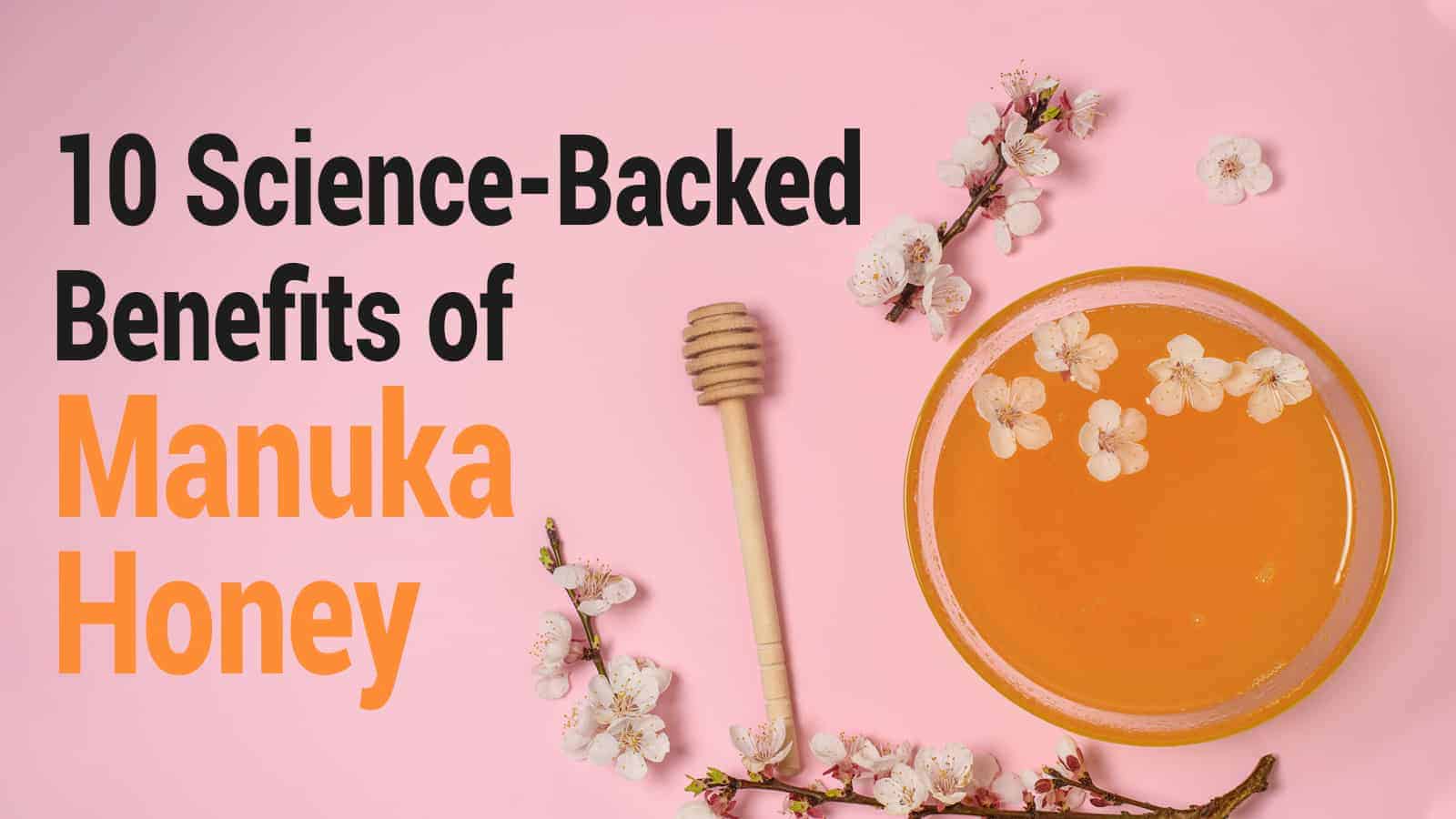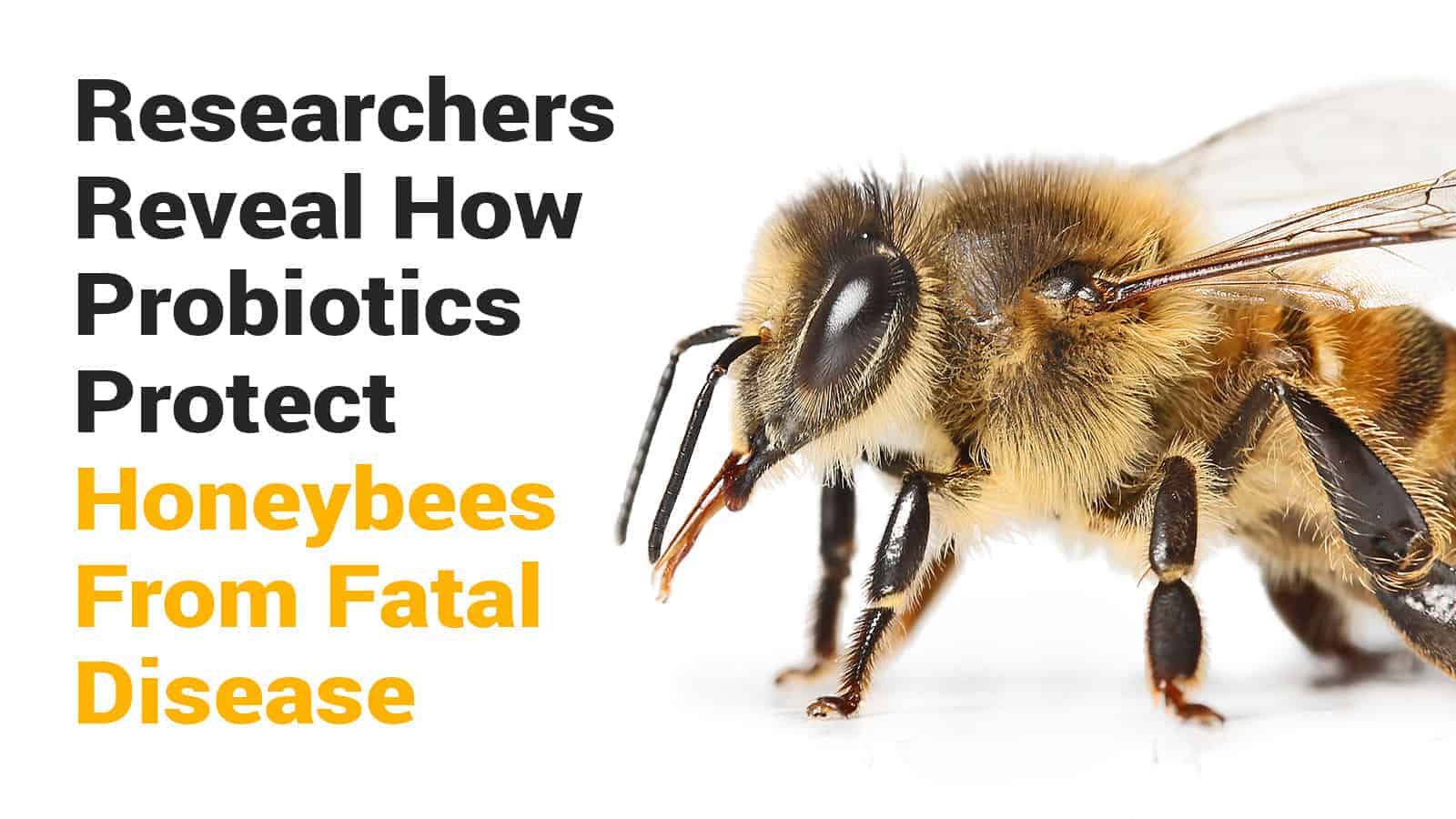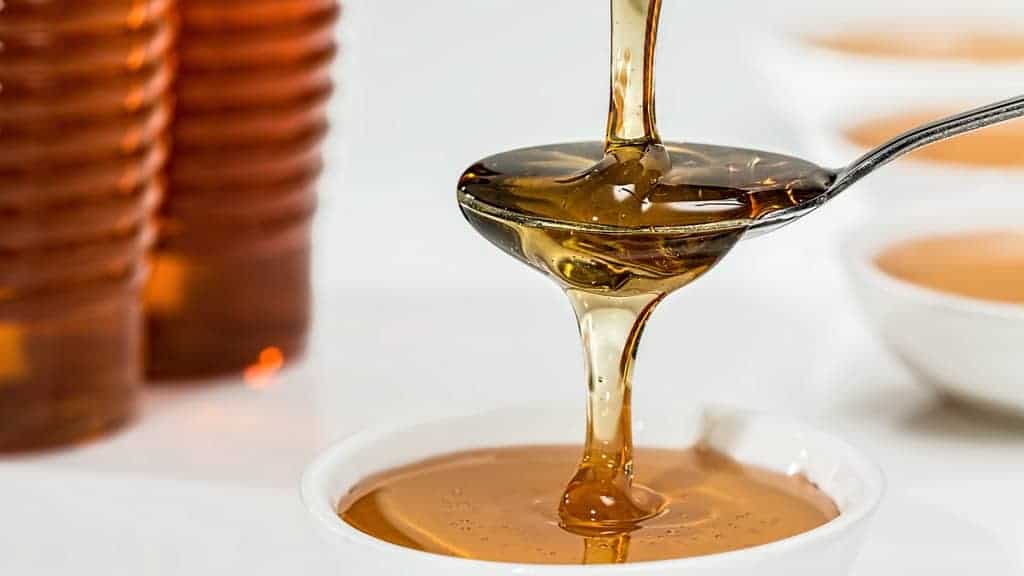Thanks to the generosity of the humble honeybee, we share a sweet sensation called manuka honey. Historical accounts mention its discovery and use as far back as 4000 BCE. Its imitable sweetness has been preserved in art, literature, and our terms of endearment.
A Honey of a History Lesson
Just about every culture in history and modern times has a love affair with the golden elixir known as honey. Did you know that archeologists have found preserved jars of honey in the royal tombs of ancient Egypt? Hieroglyphics depict how the Egyptians adored honey for food and medicine and venerated their honeybee benefactors.
This heavenly nectar had prominent roles in early Asian, Greek, and Roman civilizations. Some cultures savored honey so much that it was often used as a currency or for a prospective husband to present to the family of his bride-to-be.
How could our industrious honeybee friends ever improve on such a perfect food? Countless studies suggest that honey is loaded with vitamins and minerals and has significant antibiotic and antifungal properties. However, it may have powered up as a type called manuka honey.
The Birds, Bees, Flowers, and Trees
If you are a honey connoisseur, you realize that its color, consistency, aroma, and taste are contingent on the flowers the honeybees visited. It ranges from the lightest honey from acacia pollen to the darkest buckwheat honey and across the spectrum.
Unfortunately, the only honey familiar to many Americans is the watered-down versions often found in grocery stores. Those cute plastic containers shaped like bears aren’t an accurate representation of the vast flavor nuances in pure honey.
What is Manuka Honey?
During the eras of European colonization, travelers introduced European honeybees wherever they settled. When British colonies were established in Australia in the 19th century, their honeybees relied on native flora for honey production, mainly from species of manuka bushes.
These fragrant flowering shrubs are native to Australia and New Zealand. Indigenous people in both island nations valued manuka varieties for their impressive medicinal properties. European honeybees were drawn to the blooms of manuka and produced thick, ebony honey from its pollen.
However, many locals often didn’t appreciate the dark, robust honey, which sometimes ended up flavoring livestock feed. It wasn’t until almost a century later in the 1980s that Dr. Peter Molan and other scientists discovered that this honey carried the same medicinal properties as manuka plants.
When these multiple studies demonstrated several health benefits of manuka honey, it became a health food buzzword. Today, certified pure manuka honey commands a premium price. Australia and New Zealand continue a heated debate as to which country has the rights to the name.
New Zealanders claim that since their bees only visit the main species of manuka, they deserve the rights. In the United States, you can purchase this fragrant honey in its pure form, as a food ingredient, or in supplements. Before you complete the sale, be sure that the honey you’re considering is certified pure and isn’t blended with corn syrup or water.
Is buying this unique honey worth your time and money? Is it any more beneficial than other varieties? Consider these ten benefits of manuka honey as a natural remedy.
1. Caring for Wound
Sometimes, you may not have a triple antibiotic ointment to dress a wound. Reach for the honey of the manuka bush instead. If you have a scrape or minor cut, simply dab some of the honey on a waterproof dressing and place it over the wound.
The antibacterial properties of this natural wonder will protect the wound from dirt and will kill invading germs. Remember to change the dressing frequently as the wound heals. If the injury is deep or becomes infected, seek medical attention immediately.
2. Building Your Immune System
Are you searching for a way to boost your immune system naturally? Medical reports show promising results from using manuka variety of honey. Scientists have discovered that it encourages white blood cell production to resist illness and disease or fight those already present in your body.
Use it the way you enjoy other honey varieties and add stir it into your morning tea or oatmeal. It can also help your digestive system. Some people also savor a little honey on their toast.
3. Honey-Kissed Complexion
Do you battle dry skin and other dermatological issues? This healing honey makes a superb facial mask that will soothe dry, irritated skin, and eczema. If you have acne, the honey’s antibacterial properties can kill and wash away harmful bacteria that cause breakouts.
Use a few tablespoons of honey to rub directly on your face to create a mask. Leave it on to saturate your skin for at least 15-20 minutes. Use a clean washcloth and warm water to gently wash the honey mask from your face, leaving a healthy glowing complexion.
4. Honey Makes Your Smile
If you want a clean bill of health on your next dentist visit, you might consider using this honey. It has naturally occurring hydroperoxide, which kills the germs responsible for tooth decay and gingivitis. Instead of toothpaste, use this honey on your toothbrush to promote dental health and freshen your breath.

5. Lower Your Bad Cholesterol
By now, you’ve probably talked to your professional healthcare provider about the importance of regulating your harmful cholesterol levels. Elevated levels of bad cholesterol, or LDL, create fatty deposits in your circulatory system, causing clogged arteries.
When this happens, you are at risk for a heart attack or stroke. Scientific evidence shows the promise of this honey variety lowering your LDL levels. Remember never to reduce or stop your prescribed cholesterol medication without consulting your healthcare provider.
6. Healthy Hair and Nails
Using honey from manuka not only benefits your skin, but it is also a natural remedy for healthier hair and nails. Age, lifestyle, and environment can play havoc on these protein-based features and makes them dry, brittle, and dull.
Use it as a hair conditioner, rub a couple of tablespoons through your wet hair, wrap it up in a towel and allow it to sit for about 20 minutes. Rinse with fresh water as usual. You can also use honey to condition your nails to strengthen them and encourage them to grow.
7. Breathe Easier With Manuka Honey
Anyone with respiratory issues knows how miserable it can make a person feel. Have you been diagnosed with chronic sinus infections or bronchitis? Many people around the world have found relief when they make this honey part of their diet or enjoy tea.
It has natural antibacterial and antiviral properties, which helps build a defense against nasal allergies or upper respiratory issues. It can also help treat those who have seasonal allergies or asthma. Of course, honey shouldn’t be used as a replacement for your prescribed medication or treatment, but as a complementary agent.
8. It Can Help Type 2 Diabetes
Although this honey is delightfully sweet, it does have a lower glycemic index than regular sugar. People with Type 2 diabetes can often eat sparing amounts of honey without raising their sugar levels. Some studies suggest that manuka properties may lower blood sugar in some instances.
Consult your healthcare professional about using manuka honey as part of your prescribed diabetic diet. It is still a sugar and should be used with caution while you monitor your blood glucose levels. Since everyone is different, honey may not be right for you.
9. Manuka Honey Can Fight Inflammation
Medical specialists say that inflammation plays a crucial role in most of our sicknesses and disease. White blood cells rush to defend the body against invading microbes, bring more heat and blood flow to the area. The result is painful inflammation.
Did you know that you can have inflammation problems without realizing it? Some people who eat honey everyday notice a change in their inflammatory conditions. There are even reports of people with cancer who have benefited from daily honey doses.
10. Manuka May Help Heal Ulcers
Ulcers on the skin or in the digestive tract are painful and can be life-threatening. While they are healing, these virtual holes are at risk for invading bacteria. Manuka honey has shown promise as a healing and protective agent with these ulcers.
Many hospitals and wound clinics over the world offer ulcer dressings saturated with medical-grade honey. It soothes the irritated ulcer while it blocks germs that can cause infection. Taken internally, it can also benefit gastrointestinal ulcers.
Final Thoughts: A Sweet Conclusion About Manuka Honey
As with any honey variety, never give manuka to children under a year old. Honey may also interfere with certain medications and chemotherapy drugs. If you are allergic to bees, you should stay away from manuka or anything made with it.
If you want to enhance your immunity and general well-being, manuka honey may play a role. Enjoy it in moderation and discontinue if you notice any unusual side effects. Kudos to our honeybee neighbors for sharing food that can benefit us all.


















